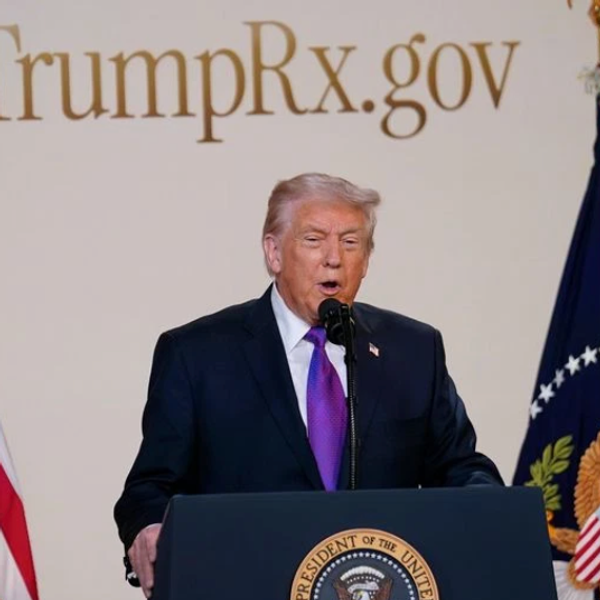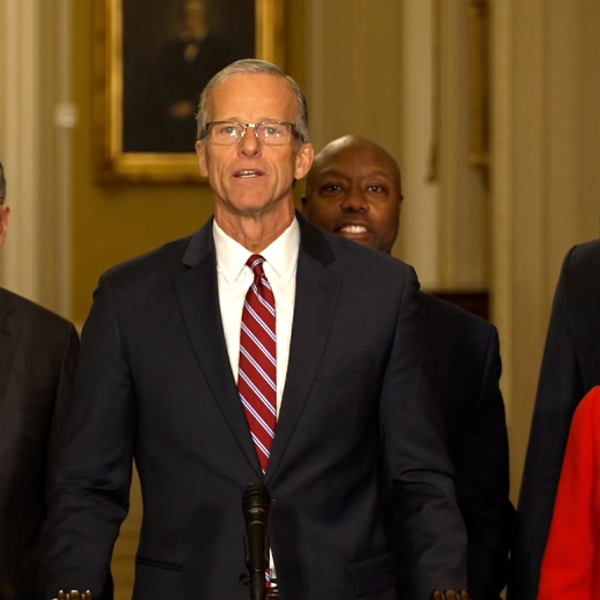
By Nathan Bomey and Matt Helms, Detroit Free Press (TNS)
DETROIT — With Detroit officially out of bankruptcy, now-former emergency manager Kevyn Orr said it’s not the next couple of years he’s worried about for the city, or even five years out.
“I think Detroit’s pretty well-situated in the near term,” Orr said Wednesday, hours after he, Michigan Gov. Rick Snyder and Mayor Mike Duggan announced Detroit’s departure from the nation’s largest-ever municipal bankruptcy.
“It’s got a pretty good team in place. It’s got people who’ve done this before and have good track records; they understand city government inside and out,” Orr said. “My concern really is in the long term.”
Crediting Duggan’s administration as being top-tier, Orr said he worried that, if Detroit does well, starts to turn around and even reflect some of the remarkable recoveries that parts of cities such as Miami and New York have seen in recent decades, Detroit leaders and residents won’t remember the lessons learned about out-of-control borrowing, mismanagement and corruption at City Hall.
“I hope people don’t forget what it took to get here,” the bankruptcy lawyer said as Detroit’s historic Chapter 9 status ended, setting in motion a sweeping plan to slash $7 billion in debt and reinvest $1.4 billion over 10 years to improve city services.
In a wide-ranging interview with Detroit Free Press reporters and editors, Orr was alternately serious and playful, detailing the challenges a post-bankruptcy Motor City faces, but also saying he’s now unemployed with no job offers, will take the rest of the year off, and even breaking into song, inspired by the interview setting: the newspaper’s conference room named after Stevie Wonder.
Orr said at a news conference Wednesday morning that the final paperwork required to allow the city to emerge from bankruptcy would be completed by the end of the day.
Judge Steven Rhodes approved the city’s restructuring plan in November, giving the city the authority to implement the grand bargain to help reduce pension cuts, preserve the Detroit Institute of Arts and start improving basic services.
The end of the bankruptcy also marks the end of Orr’s tenure. His resignation was effective at the same time the city emerged from bankruptcy.
“I feel very fortunate to have had the opportunity and very fortunate for the outcome,” Orr said. “The reality is the city is moving forward and that gives me a great deal of pride and satisfaction.”
Snyder appointed Orr in March 2013 to take over the city’s operations. Orr, a Washington, D.C., bankruptcy attorney with Jones Day, authorized the bankruptcy on July 18, 2013, and led restructuring talks with creditors.
“It’s truly historic,” Snyder said at the news conference at Detroit’s public safety headquarters. “It really happened because of great partnerships, of people working together.”
He added: “This has been an extremely difficult and hard process for many people, but people worked together. We have the city poised for a new chapter.”
Duggan welcomed Orr’s exit. The mayor and City Council will regain control of the city following Orr’s exit, but they will report to a state oversight board called the Financial Review Commission, which has broad powers to reject spending, borrowing, contracts and labor agreements.
“We’re better off today than we were 18 months ago,” City Council member Gabe Leland said.
Duggan noted the challenges he and city officials face in coming years, with requirements to stay within budget for three years in a row before Detroit can come out of strict state oversight.
The city’s plan of adjustment calls for up to $1.7 billion for blight removal and improvement of city services over the next decade, but that only comes about if Detroit can improve collections on revenues such as property and income taxes and make the city operate more efficiently.
There’s no check for $1.7 billion, Duggan said.
“Basically it’s money we’re going to see if we produce,” he said.
This story has been updated.








